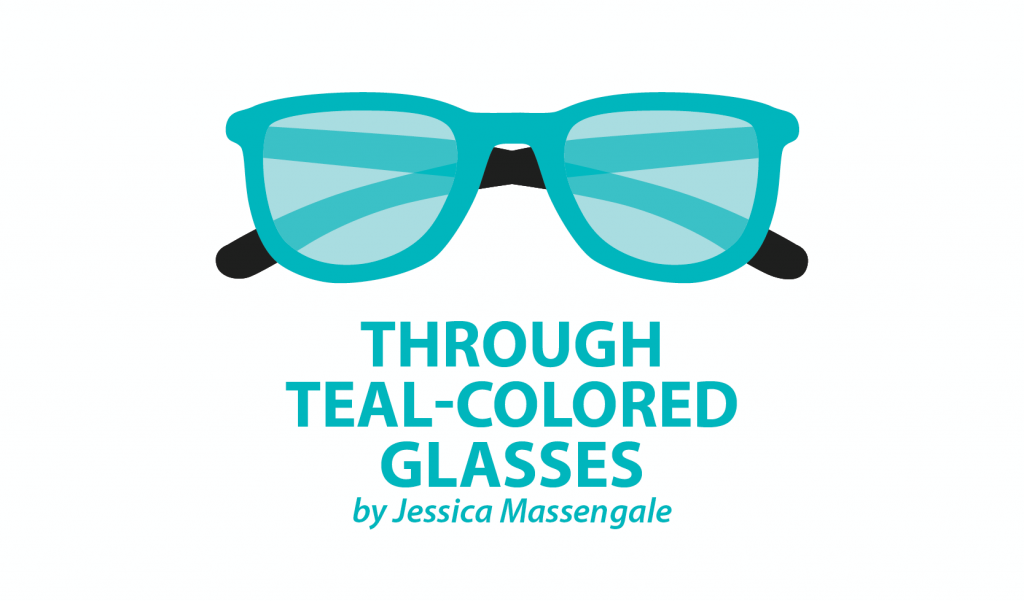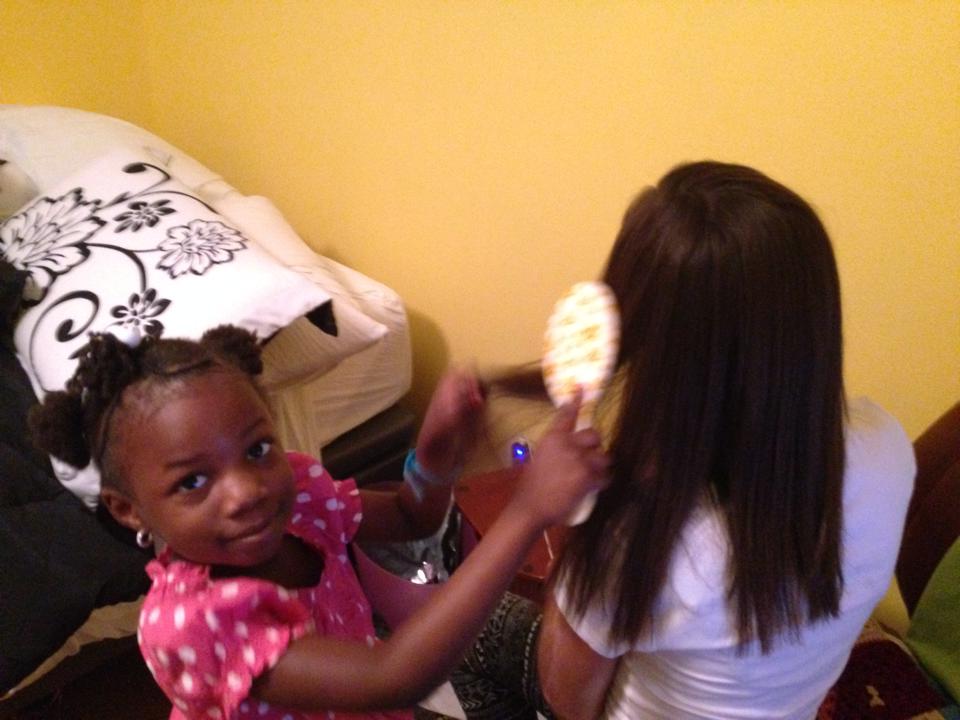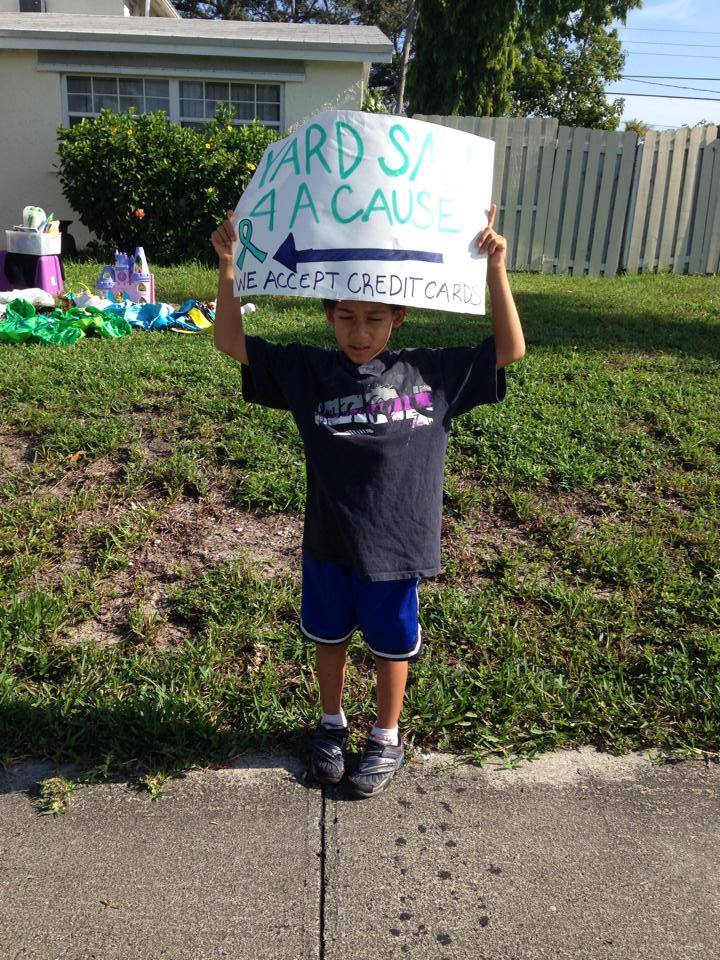How Do Children Perceive the Disabled?
Written by |

Children have a keen sense of awareness and understanding when it comes to those with a disability. They learn quickly, adapt to most situations, are not judgmental, and are openly willing to help those in need. Sometimes they say or do just the right thing to brighten up the darkest day. By 4 years old, a child’s brain is more than twice as active as an adult’s, which could explain their unbiased capacity to look past the disability and into the soul.
It can be difficult for a child to process the reason behind their mommy’s or daddy’s illness. In a child’s eyes, parents are supposed to help them, not vice versa. Kids are resilient, so they spend more time doing what they can to help instead of pondering why. The flexible nature of a child’s mind is a plus because they are unbiased about the world, unlike adults. Their fresh, curious mindset is like an open doorway, exploring any new thoughts or ideas that come their way.
When explaining scleroderma to children, it is best to take an honest, censored, yet delicate approach. They can see and sense the degree of difficulty that comes with physical disability. But they’re not going to understand that an autoimmune disease caused all of this. In my personal experiences with kids, I just let them know I have scleroderma and it makes it hard to use my hands. Once this is brought to their attention, they are eager to assist. I try to make funny jokes or silly games as they help, to connect the situation to a more positive experience. Openly speaking about the disease in layman’s terms can help break any tension or fear they may be experiencing.
I’ve had some bittersweet moments with children, as they come to a self-realization of my suffering. My 7-year-old cousin, Layla, has been helping me since she was 4. If I’m getting off the couch, she offers her hand to help me up. She runs ahead of me to open doors and loves to help me brush my hair. One day, we were in the car, and out of the blue she said, “I wish you didn’t have scleroderma anymore.”
Her clear pronunciation of the word caught me off guard, but a deep ache flooded my heart because I didn’t want her to worry about me. So innocent and young, I didn’t want to be the cause of any sadness in her life. I responded by telling her that I’m going to be OK, and that her help makes everything so much better. I reassured her that my doctors are taking good care of me and the medicine is helping.
My friend’s 8-year-old nephew told me he wishes he was taller so he can help me get things out of the cabinet. Once he realized my disability, he was extra careful around me and kept a close eye in case I needed help. “It must be really hard to do things with scleroderma,” he said to me sadly, as I struggled to open the microwave. I told him, “Yes it can be, but I have to still live my life and get things done, no matter what!”
An empathetic nature is created within a child who observes someone’s pain and suffering. They’re humbled at a young age as they tag along to doctor’s appointments or awareness walks for scleroderma. It helps refocus their attention to be less self-centered and more self-aware of other human beings. That is a beautiful life lesson to be embedded into a developing mind.
***
Note: Scleroderma News is strictly a news and information website about the disease. It does not provide medical advice, diagnosis, or treatment. This content is not intended to be a substitute for professional medical advice, diagnosis, or treatment. Always seek the advice of your physician or other qualified health provider with any questions you may have regarding a medical condition. Never disregard professional medical advice or delay in seeking it because of something you have read on this website. The opinions expressed in this column are not those of Scleroderma News, or its parent company, Bionews Services, and are intended to spark discussion about issues pertaining to scleroderma.









Leave a comment
Fill in the required fields to post. Your email address will not be published.